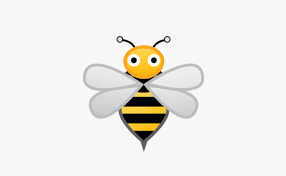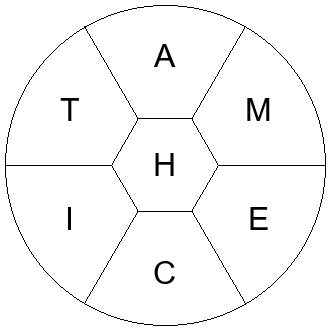-
ache ↗
-
ahem ↗
-
attach ↗
-
attache ↗
-
cache ↗
-
cachet ↗
-
catch ↗
-
chai ↗
-
chat ↗
-
cheat ↗
-
cheetah ↗
-
chia ↗
-
chic ↗
-
chica ↗
-
chichi ↗
-
chime ↗
-
chit ↗
-
chitchat ↗
-
each ↗
-
etch ↗
-
ethic ↗
-
hamachi ↗
-
hamate ↗
-
hatch ↗
-
hatchet ↗
-
hate ↗
-
hath ↗
-
hatha ↗
-
heat ↗
-
heath ↗
-
hectic ↗
-
hematite ↗
-
heme ↗
-
hitch ↗
-
itch ↗
-
machete ↗
-
mahatma ↗
-
mahimahi ↗
-
match ↗
-
matcha ↗
-
math ↗
-
mathematic ↗
-
meth ↗
-
tach ↗
-
teach ↗
-
tech ↗
-
techie ↗
-
teeth ↗
-
teethe ↗
-
that ↗
-
thatch ↗
-
thee ↗
-
them ↗
-
thematic ↗
-
theme ↗
-
theta ↗
-
tithe ↗

